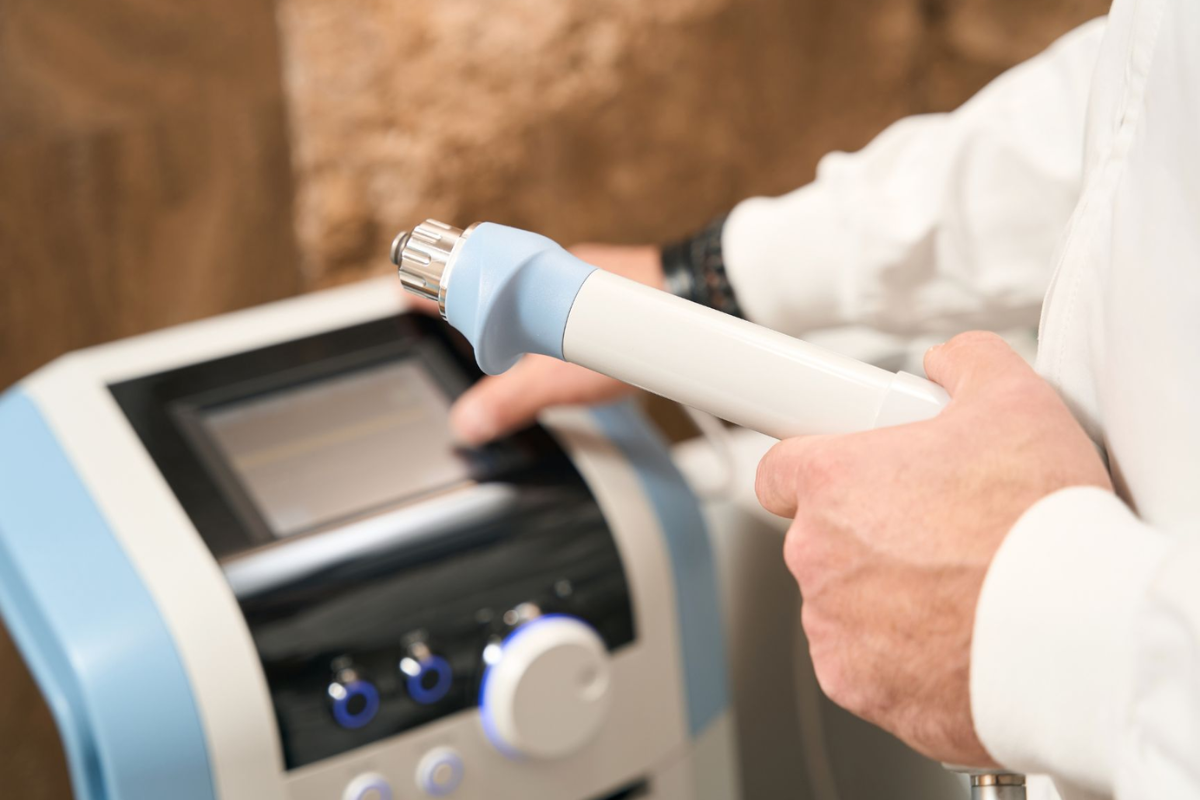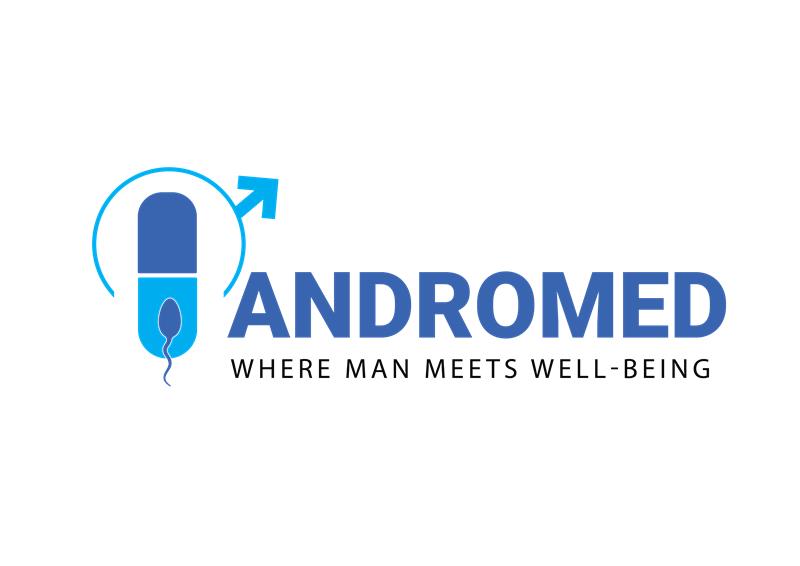BLOG

Jul 29,2025
Latest Treatment for Erectile Dysfunction
Erectile dysfunction (ED) is a condition that affects the ability to achieve or maintain an erection suitable for sexual activity. While it has been a longstanding concern for many men, modern medicine has introduced a wide range of effective solutions. Recent developments in both pharmaceutical and non-pharmaceutical treatments have given new hope to those dealing with this issue. With advances in research, the approach to treating ED has shifted from symptom management to targeting the root causes.
Understanding Erectile Dysfunction in Today’s Context
Erectile dysfunction can result from various factors including poor blood flow, hormonal imbalance, psychological stress, nerve damage, or chronic illnesses such as diabetes and hypertension. In recent years, lifestyle-related causes have also become more prevalent, such as obesity, sedentary habits, and smoking. Understanding the underlying reason behind ED is essential for selecting the right form of treatment. New diagnostic tools and imaging techniques now make it easier to identify the root cause, helping specialists tailor treatment more precisely.
Oral Medications Remain Effective but Are No Longer the Only Option
Phosphodiesterase type 5 inhibitors, including sildenafil, tadalafil, and vardenafil, continue to be widely used and effective for many. These medications work by enhancing blood flow to the penis, facilitating stronger and more sustained erections. In recent years, newer formulations and extended-release versions have become available, offering better timing control and fewer side effects.
However, oral medications do not work in all cases, especially when nerve damage or low testosterone levels are involved. For this reason, medical experts are now considering other therapies that offer more consistent results for those who do not respond well to pills.
Shockwave Therapy: A Breakthrough in ED Management
Low-intensity extracorporeal shockwave therapy (Li-ESWT) is one of the most talked-about advancements in the treatment of erectile dysfunction. This non-invasive method uses targeted sound waves to improve blood flow and promote the development of new blood vessels in penile tissue.
The treatment is painless and performed in short sessions, making it a convenient option. Unlike medications that provide temporary results, shockwave therapy may help restore natural erectile function over time. Though still considered an emerging treatment, it has shown promising results in clinical studies, especially for those with vascular-related ED.
Platelet-Rich Plasma (PRP) Injections: A Regenerative Approach
Another innovative therapy gaining popularity is platelet-rich plasma (PRP) treatment. This involves drawing a small amount of the patient’s blood, processing it to concentrate the platelets, and then injecting it into the penile tissue. The growth factors in PRP are believed to stimulate tissue repair, improve circulation, and enhance overall penile health.
This method is often called the “P-shot” in medical circles. While more research is ongoing, early results suggest increased sensitivity, firmer erections, and longer-lasting improvements. PRP therapy is particularly appealing because it uses the body’s natural healing process, minimizing the risk of side effects.
Hormone Therapy: Restoring Balance Where Needed
In some cases, erectile dysfunction is linked to low testosterone levels. Testosterone replacement therapy (TRT) is increasingly being used to restore hormone balance in such situations. Options include topical gels, injections, or even implants.
Restoring testosterone not only helps improve sexual performance but can also positively influence mood, energy levels, and overall well-being. However, hormone therapy is best recommended after proper hormonal testing and should be monitored by a medical professional to avoid unwanted complications.
Penile Implants and Surgical Options
For individuals who do not respond to other treatments, surgical options such as penile implants remain a reliable solution. Advances in implant technology have made modern devices more natural in function and appearance. These implants can be either semi-rigid or inflatable and are surgically placed to allow controlled erections.
Surgical treatment is typically considered a last resort but has shown high satisfaction rates, especially among those with severe ED caused by physical trauma or nerve damage.
Mental Health and Lifestyle Therapies Still Play a Key Role
While medical treatments have advanced considerably, mental health continues to play a significant role in sexual function. Anxiety, depression, and performance-related stress can all contribute to erectile issues. Psychological support, counseling, or behavioral therapy can greatly enhance the effectiveness of medical treatments.
Additionally, lifestyle changes such as regular exercise, quitting smoking, reducing alcohol intake, and managing chronic conditions like diabetes and hypertension remain essential. These changes support not just erectile function but overall health and longevity.
Conclusion
The landscape of erectile dysfunction treatment has evolved significantly, offering more than just temporary relief. From advanced therapies like shockwave and PRP to hormone balancing and surgical options, there is now a wider range of solutions tailored to individual needs. These treatments are moving beyond symptom control, focusing instead on long-term improvement and recovery. For those seeking expert guidance and modern care, consulting specialists like Dr. Karthikeyan can open the door to newer, more effective treatment strategies.
Copyright © . Karthikeyan V S. All Rights Reserved.
Powered By: Cortex Media Marketing Pvt Ltd


